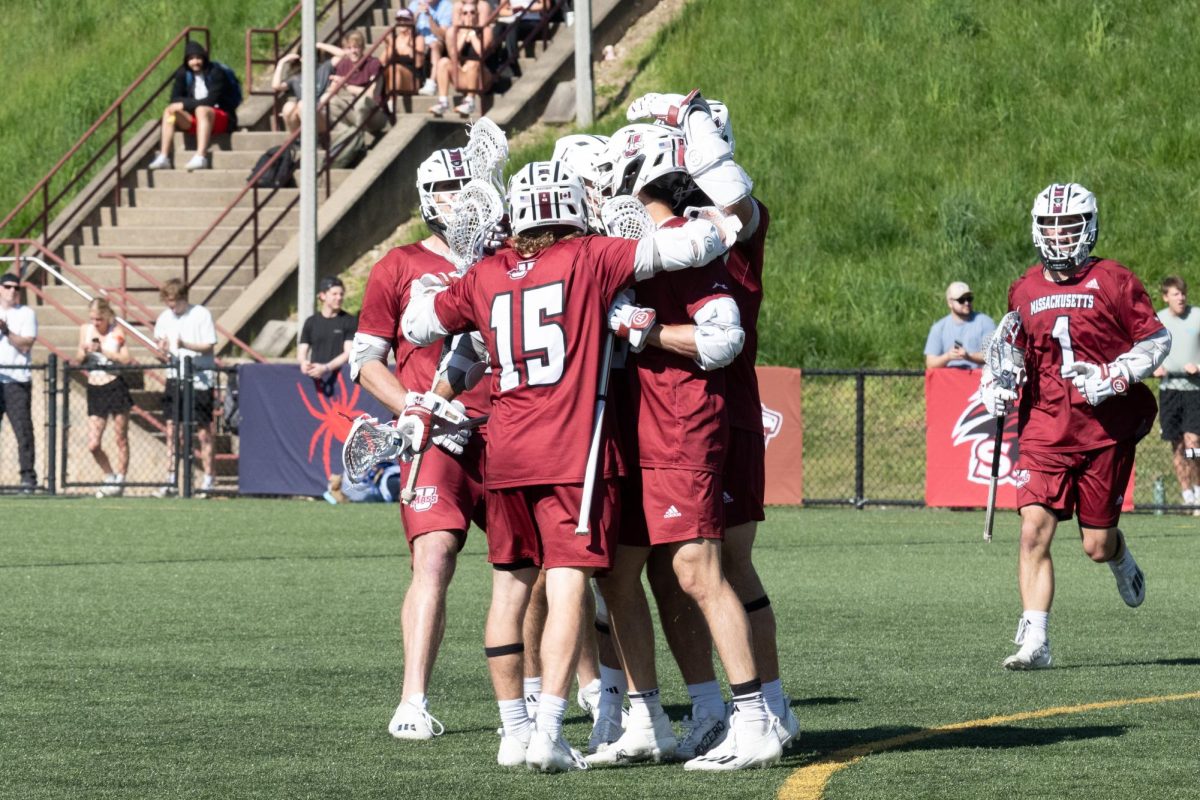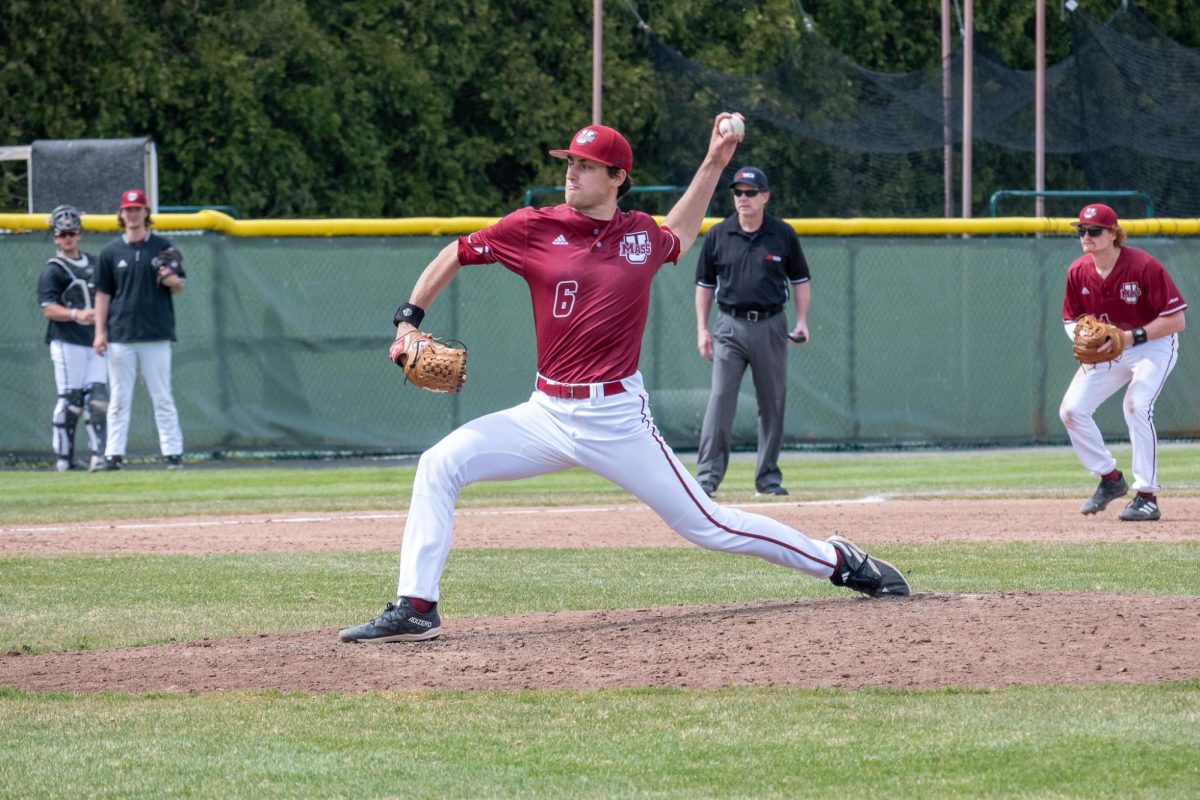
On Oct. 5, the Northampton City Council unanimously voted on a resolution opposing the Pioneer Valley Chinese Immersion Charter School’s (PVCICS) application to add 452 seats, expanding their K-12 class size from 584 to 1,036 students.
The Hadley school’s application was sent to the Massachusetts Board of Elementary and Secondary Education (BESE) back in August, and the resolution was voted on by Northampton City Council president William H. Dwight and city counselors Dennis Bidwell of Ward 2, James Nash of Ward 3 and Gina-Louise Sciarra of Ward 4.
The city council plans to hold a second vote on Oct. 19. If the council unanimously votes No again, the resolution will pass and a letter expressing their opposition will be sent to the BESE for them to ultimately decide. As for now, the resolution remains pending.
The city council’s decision to vote against PVCICS’s expansion comes from the financial impact charter schools weigh on local schools. According to Dwight, local schools in Northampton lose $1,200 for every student who transfers to a charter school.
In the city council’s resolution, they said that their public schools were projected to lose $2.2 million of net reimbursement this fiscal year to six nearby commonwealth charter schools enrolling 190 students from Northampton. The letter also stated that Northampton public schools are currently paying $669,000 for 56 Northampton students enrolled in charter schools.
Due to the massive loss of money, Northampton local schools have been forced to cut programming specifically to the arts and humanities, such as French and Spanish classes or elementary music education. According to Richard Alcorn, the executive director of the PVCICS, the school’s funding comes primarily from payments made from the State of Massachusetts.
“We don’t object to charter schools or parents who send their children to charter schools. We just object [to] the funding formula that creates these problems that make it difficult to educate all of our kids,” Dwight said.
According to Dwight, neighboring communities such as Easthampton, Hadley, Amherst and Belchertown face similar issues. Dwight said charter schools—such as Pioneer Valley Performing Arts Charter Public School in South Hadley, Paulo Freire Social Justice Charter School in Holyoke and Hilltown Cooperative Charter Public School in Easthampton—have financial effects on any community within a 20-mile radius.
“I hope that the state passes an alternative to the communities that have been working under these pressures for the past 20 years, and I hope that they actually come up with a solution that will reduce the pressures for people struggling to educate their children,” Dwight said.
The state law limits the financial impact that charter schools have on local schools, so that only nine percent of a school district’s spending can go to a charter school. According to Alcorn, the financial impacts of his charter school will be gated by the fact they are already approaching the state mandated financial cap.
Alcorn said the primary focus of the PVCICS’s` expansion request is to increase the number of kindergarteners from 44 to 88 per year. He predicts that the overall expansion will take 12 to 13 years as the kindergarteners advance through the grades.
In last year’s election, 78.5 percent of Northampton’s citizens voted against Ballot Question 2, which would have authorized 12 new charter schools to exist or expanded enrollment in charter schools, regardless of their charter cap.
Despite the local pushback, PVCICS can still apply for an expansion to the BESE every six months. Alcorn said that the school has applied for an expansion numerous times over the years.
According to Jacqueline Reis, the media relations coordinator at the Department of Elementary and Secondary Education, on Feb. 27, the Board voted against another application the school sent to expand their class size from 584 to 1,036 students.
The past application was supported by Mitchell Chester, the former commissioner of the Department of Elementary and Secondary Education or DESE, who died in June. However, it was denied by the BESE. This was the first time in six years that the board has decided to go against a recommendation by the commissioner.
In letter sent by the BESE to Charles Bagley—chair on PVCICS’s board of trustees—on Mar. 15, the BESE stated that PVCICS has not reached a maximum enrollment of 584 students, does not enroll a student population comparable to its sending districts, has higher rates of attrition for students with disabilities compared to other charter schools in its region and has not demonstrated enough enrollment demand through its waitlist reporting in support of the proposed enrollment.
PVCICS plans to send a letter on Oct. 18 responding to the concerns that the BESE detailed in their letter.
In an email, Alcorn said, “I personally support the recommendations of the Foundation Budget Commission that would significantly increase funding for all Massachusetts public schools. I believe charter schools and traditional district schools should be working together to support the needs of the students we serve.”
Alvin Buyinza can be reached at [email protected].




















Ed Cutting, Ed D • Oct 17, 2017 at 3:34 pm
The state money follows the child — it would be the same thing if the children moved to Hadley — or Boston.
State gives a per-child stipend, schools with fewer students need fewer teachers, hence fewer dollars.